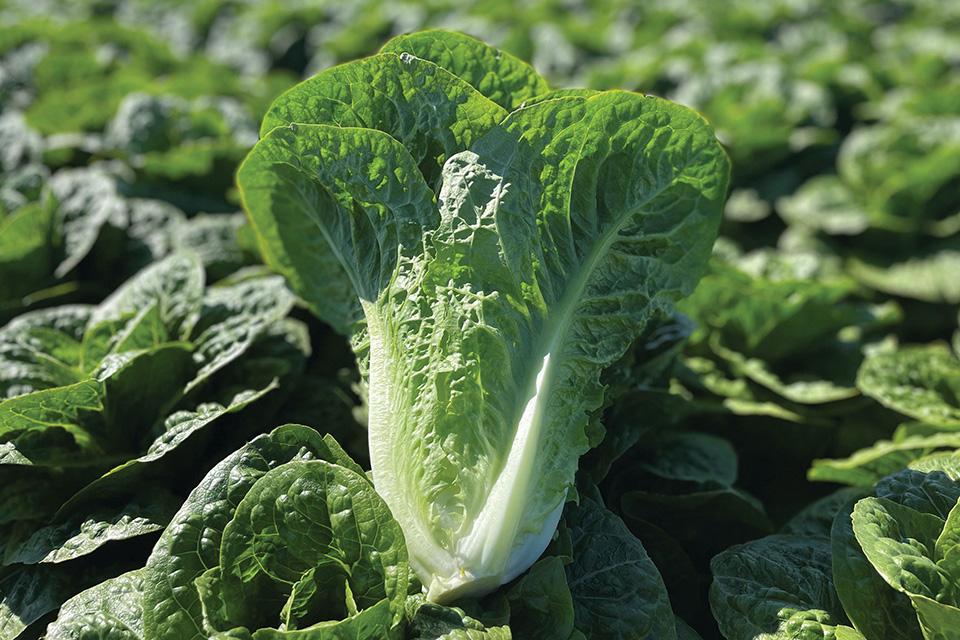New Research Shows Spotted Wing Drosophila Repellent Naturally Produced In Fruits
Spotted wing drosophila, Drosophila suzukii, is a big pest for fruit growers. However, Christine Krause Pham and Anandasankar Ray, researchers at the University of California-Riverside have recently identified a chemical naturally existing in fruits in small doses that protects fruits from spotted wing drosophila.
Butyl anthranilate (BA), a pleasant-smelling chemical was applied to blueberries as a coating and deterred the pest from feasting on the fruit.
Study results appear on Scientific Reports, an online and open-access Nature publication.
As part of the experiment, blueberries were treated with BA and a control left untreated were placed in a glass chamber containing spotted wing drosophila.
“We saw decreases after only a single treatment,” Pham says, the first author of the research paper. “We saw substantial decreases at 2.5% of BA and nearly complete protection at the 10% concentration, strongly indicating that insect repellents with good safety profiles can be useful to reduce fruit damage during ripening.”
Found in low concentrations in a number of fruit, BA smells like grapes and is commonly used as a flavor and fragrance component. It belongs to a category called generally recognized as safe (GRAS) and is approved for human consumption as a food additive.
“Most flies are attracted to rotting fruit,” Ray explained. “D. suzukii, however, is specialized in that it is attracted to ripening fruit. What makes BA especially appealing is that not only does it repel D. suzukii, but it also reduces the flies’ desire to lay eggs. There is good potential in the future to develop brand-new strategies for reducing crop damage using repellents like BA. From previous studies we have done in the lab, we have hundreds of such compounds to explore and test.”
“The natural repellents discovered by Dr. Ray are particularly promising for supporting multiple possible applications,” says Michael Pazzani, University of California-Riverside vice chancellor for research and economic development. “The safe and inexpensive compounds are not only effective for the protection of fruit and agricultural produce from pests, but also from biting insects that transmitting disease to us and livestock.”
Next, Ray wants to test the efficacy of BA in field trials, and if it is, they will request approval from the EPA.
“We hope that BA and other similar chemicals we have in our portfolio will be able to work against the Asian citrus psyllid, Mediterranean fruit flies, whiteflies, and other flies that can damage fruits and crops,” Ray said. “In the future we can begin developing repellents for agricultural use that could cover fruits, crops like wheat and corn, and produce. The long-term grand vision is that one day we will be able to integrate safe naturally-occurring repellents into the repertoire of farmers to reduce their dependence on insecticides. It is conceivable also that similar chemicals and approaches could be developed to protect homes, humans, and farm animals.”
Source: University of California-Riverside news release










